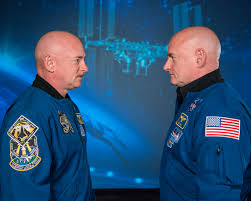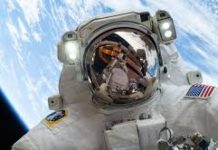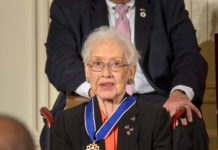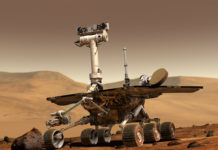Over the years, scientists have sent many humans into space. Most of the trips have been fairly short with the longest being 15 months. The Russian cosmonaut Valery Polyakov made that record over two decades ago.
Consequently, scientists still have limited information on how prolonged space travel affects the human body. They have observed that zero-gravity flight eventually causes the bones and muscles to weaken. The shape of the eyes also changes – and scientists still aren’t sure why. The combination of emotional stress and radiation exposure associated with space travel even affects how the body’s cells read the genome.
The astronauts Scott and Mark Kelly are identical twins, and NASA and some other US institutions built a study around them. From 2015 to 2016, Scott spent 340 days aboard the International Space Station, while Mark stayed on Earth. The brothers underwent a variety of tests to assess things like eye shape and cognition, and they collected blood, stool, and urine samples.
The study’s results were reported in the journal “Science,” which compared Scott’s physiology to that of his brother and continued following the brothers for six months after Scott returned to Earth.
Scott did indeed undergo physiological changes during his sojourn in space. The researchers had expected some of them, like a change in eye shape. The researchers also founded changes in his gut bacteria, and they noted that his immune system worked harder in space than on Earth. They also found that traveling in space improved his cognitive abilities. The most startling change was that some of Scott’s cells seemed to be aging in reverse; their telomeres actually grew longer. Telomeres are the part of DNA that shorten as a person ages. The scientists speculated that the lengthened telomeres may be a side-effect of the cells’ efforts to protect Scott from the radiation in space.
The researchers found that Scott’s physiology largely reverted to normal shortly after his return to Earth. The process was painful: readjusting to Earth’s gravity caused him to ache. Scott’s telomeres began shrinking back to normal within two days after his return. A few changes, however, could be permanent. Scott’s cells still read some of his genes differently than they had before his trip into space.
The study suggests that the human body adapts to life into space and then readjusts after returning Earth.






